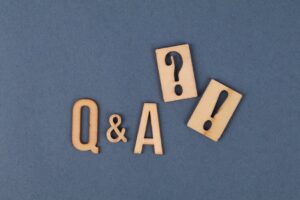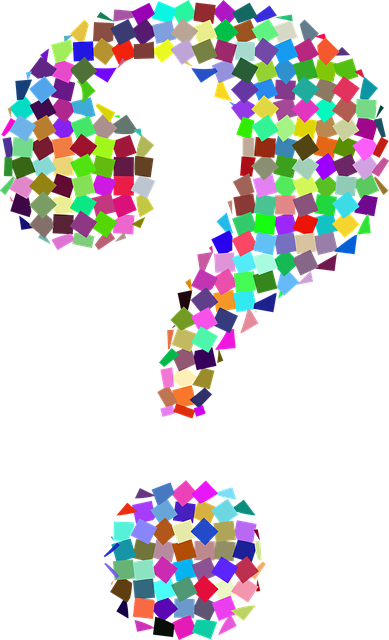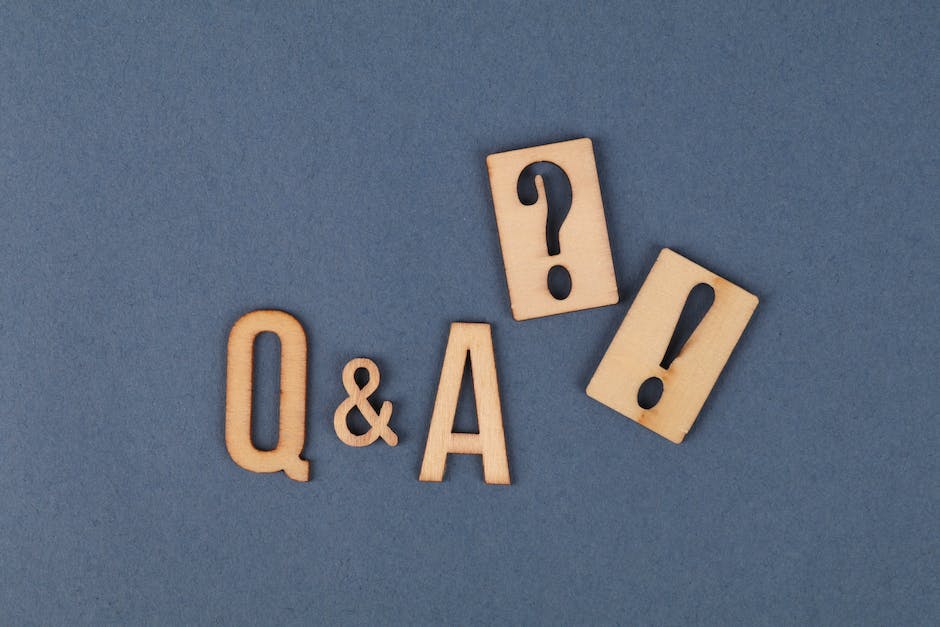Good punctuation is essential for effective communication. Poorly punctuated sentences can be confusing, hard to understand and completely change the meaning of what is being said.
This blog post will look at why punctuation is so important and how it can help you improve your writing.
Does correct punctuation make a difference? Only if you want to present yourself as a polished writer. Consider the way punctuation changes the meaning of this message.
Dear Jack,
I want a man who knows what love is all about. You are generous, kind, thoughtful. People who are not like you admit to being useless and inferior. You have ruined me for other men. I yearn for you. I have no feelings whatsoever when we’re apart. I can be forever happy – will you let me be yours?
Jill
Dear Jack,
I want a man who knows what love is. All about you are generous, kind, thoughtful people, who are not like you. Admit to being useless and inferior. You have ruined me. For other men I yearn! For you I have no feelings whatsoever. When we’re apart I can be forever happy. Will you let me be?
Yours,
Jill
Thanks to Rooks, S. Punctuate like a pro!
Period – our most useful punctuation
The most basic element of punctuation is the period. This is used to indicate the end of a sentence and to separate one thought from another. The period helps the reader understand the structure of a sentence and pause briefly between ideas. It can also be used to emphasize a certain point, such as with the use of an exclamation point.
Think of how you wish for a period when you read a run-on sentence. Often you lose the thread of the sentence before your eyes eagerly land on the period.
Comma
Commas are also essential for effective communication. They separate items in a list, as well as to separate clauses in a sentence. Commas are also used to indicate a pause or a change in thought. Without commas, it can be difficult for readers to understand what you’re trying to say.

Ampersands
The ampersand & is used in casual settings. Do not include it in a formal report. I routinely recommended to writers that they spell out ampersands into the word “and”.
“I reviewed reports & depositions.” (incorrect)
“I reviewed reports and depositions.” (correct)
Brackets
Brackets are used to enclose parenthetical or explanatory material that occurs within material that is already enclosed within parentheses. I find writers are usually confused as to when to use brackets and therefore do not use them when they are appropriate.
This is correct:
“We decided to request the policy and procedure manual. (The facility [Chestershire Medical Center] refused to release the requested material.)
Apostrophe
Another important punctuation mark is the apostrophe. This is used to indicate possession, as well as to form contractions. An apostrophe can also be used to replace missing letters in a word. Without the apostrophe, it would be difficult to understand what is being said.

Question Marks
Question marks are also crucial for effective communication. This punctuation mark indicates that the sentence is a question, and it helps the reader understand what type of response is expected. Without question marks, readers may not be sure if they should respond with a yes, no, or something else.
Capitalization
I encounter authors who use what I call idiosyncratic capitalization. These authors are unsure as to what to capitalize, so they add capital letters to words that do not need them. (Rarely do I see people who omit capital letters altogether.)
Here is what you should capitalize.
- sections of the country and world, but not directions
- names of races and nationalities
- the first word, last word and all the main words of headings and subject lines
- names of people, places, schools, religions and organizations
- months, days of the week and holidays
- names of brands
- initials of a person
- the first word, last word and all the main words in titles of books, plays, movies, articles, essays, poems and short stories
- sentences, quotations, and complimentary closings (Very truly yours)
- names of departments within a company or organization (he was on staff of the Surgery Department)
Correct: She is from the East Coast.
Correct: She walked east from the nursing home.
Capitalize the first word of a title and all words within a title except for prepositions, conjunctions, and the words “a”, “and” and “the”.
Correct: Dr. Mallick, the Director of Medical Affairs, is in charge of credentialing.
Colons
This is another type of correct punctuation that confuses some folks. A colon introduces the part of a sentence that exemplifies, restates, elaborates, undermines, explains, or balances the preceding part. It makes the second thought the most important part of the sentence. The first part of the sentence before the colon is a complete sentence that could stand on its own.
Correct: The nurses needed one thing to remain calm: an experienced supervisor.
Correct: This much is clear, Attorney Hines: it is a defensible case.
Correct: Nurse Bosic had one rule when she came into the office: always check the work schedule for call outs.
Use a sentence or portion of a sentence before bulleted or numbered items in a list. End the first part of the sentence with a colon.
Correct: The patient had the following nursing diagnoses:
- Anxiety related to hospitalization
- Impaired airway clearance related to mucous plugs
Use a colon to separate subtitles from titles.
Example: SBAR: Creating Clear Communication
Finally, when you write your letter to your client, use a colon after a salutation (person’s name) in a formal letter.
Example: Dear Mr. Quinn:
Consult a credible source when you are unclear how to use correct punctuation.
Quotation Marks
Finally, quotation marks are essential for indicating that someone is speaking or that something is being quoted. Without them, it can be difficult to differentiate between what is being said and what is being thought. Quotation marks also help to emphasize certain words and phrases.
In conclusion, punctuation is an essential part of effective communication. It helps readers understand the structure of sentences and pauses between ideas. It also helps to indicate possession, form contractions, and indicate questions or quotations.
 Without punctuation, communication would be much more difficult. So the next time you’re writing something, make sure you pay attention to your punctuation. It can make all the difference in how your message is interpreted.
Without punctuation, communication would be much more difficult. So the next time you’re writing something, make sure you pay attention to your punctuation. It can make all the difference in how your message is interpreted.
Consult a credible source when you are unclear how to use correct punctuation.
Pat Iyer wrote 52 Writing Tips: Fast and Easy Ways to Polish Your Writing. Order at this link.
